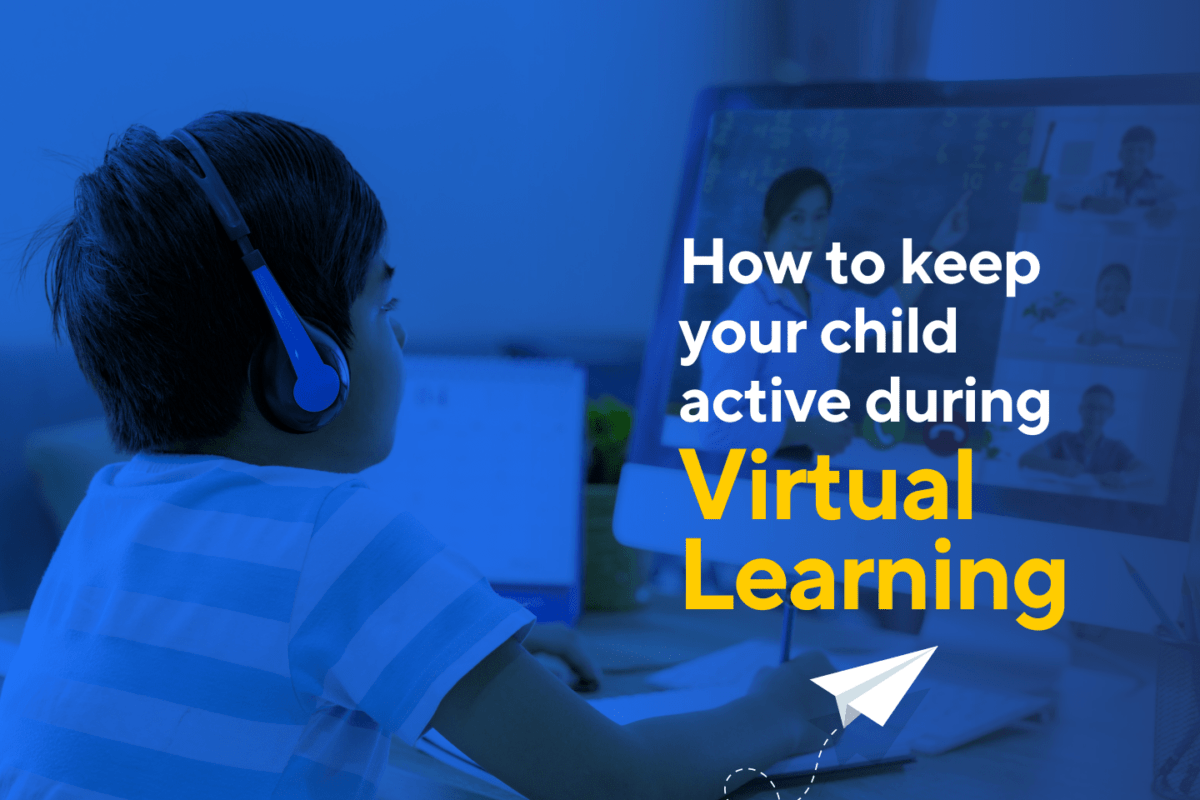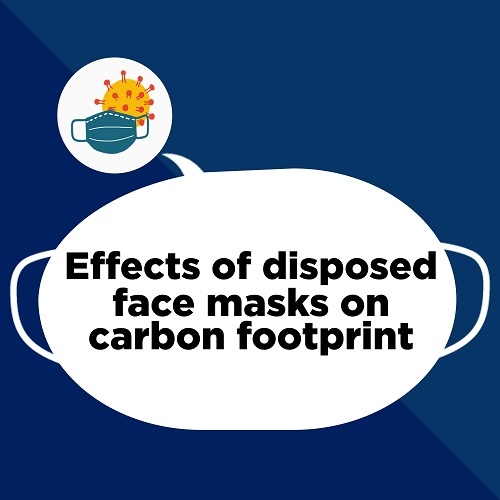Introduction:
With many schools and workplaces closed due to the Coronavirus pandemic, many of us have found ourselves dealing with a new, and often very stressful family situation. As well as having to work from home and run a household, you’re likely also trying to keep your children on track with their virtual school work.
All while enduring the restrictions of social distancing and even being cut off from the support of friends and loved ones, the strain can be unrelenting. Due to the constant virtual online classes, there has been a constant exposure to screen time with very little physical activity. In all this, the children have started losing their playtime. The constant exposure to screens is damaging the eyesight and the posture of children is also being affected.
In such times parents need to take care of their child’s overall being and physical fitness.
Benefits of Physical Activity:
Exercise is vital to keep your child healthy and fit. Physical activity helps build and maintain healthy bones, muscles, and joints. Children even sleep better.
Physical activity also boosts a child’s mental and behavioral health. It increases a child’s enthusiasm and optimism and boosts your child’s self-esteem, performance in school, develops attention while learning or doing any activity, and also encourages good behavior. It also helps in reducing anxiety, tension, and depression. Not just that it can also foster teamwork and friendship when it’s part of an organized sport.
Below are a few tips that will help your child keep active after the virtual learning session.
Emphasize fun:
Help your child to find the sport she/he enjoys. Once they start enjoying and loving the sport they will continue to play.
Engage them in craftwork:
Art allows children to develop their creativity which is important throughout their lives. By doing something creative, you allow your child to express themselves and their feelings in the form of Art. It helps in fostering mental growth in children by providing opportunities for trying out new ideas, new ways of thinking, and problem-solving.
Encourage them in spending their time with nature:
The social and physical environment in which children learn can make a difference in their academic success. Letting children spend time in a setting with natural elements or allowing them to feel the beauty of nature can build a calm, and fun personality. And being outdoors can also enhance their peer-to-peer relationships and student/teacher relationships needed for learning, even for students who feel marginalized socially.
Schedule break sessions:
Take long walks or bicycle rides with your child. Use these breaks to relax, stretch, play or teach them to meditate for a short while. This will help them calm their senses and relax from long online lectures.
Motivate them to help in household chores:
Allowing your child to help in small household chores will teach them to respect the work other people do! and it will also give them a satisfying feeling after completing the given task.
Have a small cooking session:
Try to bake or cook with children. It’ll help them in learning a new activity plus will build your bond even stronger than before.
Encourage them to read books that are beyond the syllabus:
Daily reading can build critical thinking skills and expand their knowledge. Open a conversation with your child about the book she/he is reading which will help them in building great communication skills and will also encourage them in putting forth their point in terms of group discussion in the future.
Conclusion:
To keep your child healthy and active is something every parent wishes for. Try these tips to keep your child engaged in a meaningful activity that will not only keep them occupied but will also teach them something valuable.
We all know how hard it has been for students, parents, and teachers, to manage the virtual learning session. We hope this will end soon but until then, with our well-constructed academics, our faculty are trying their best to make these sessions engaging, fun, and effective for children and focus on their holistic development.
We assure you our best teaching through a balanced and dynamic curriculum that will allow your child to conquer their dreams and explore their imagination.




